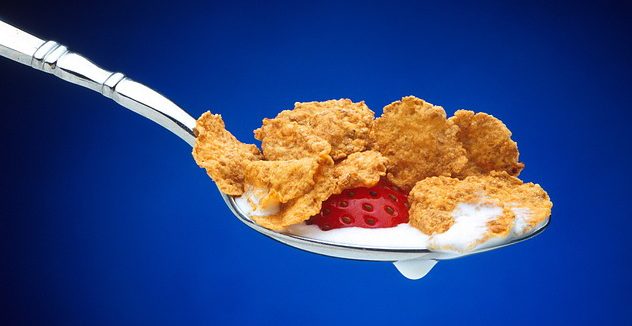Kellogg Co. announced it has agreed to acquire a majority stake in the privately held Brazilian food group, Parati, a maker of biscuits, powdered beverages, and pastas for 1.3 billion reais (US$428 million) in cash.
Under the terms of the deal, which is Kellogg’s largest in Latin America, the cereal giant will acquire Ritmo Investimentos, the controlling shareholder of Parati S/A Afical Ltda. This acquisition, which is expected to close late this year, will satisfy two of Kellogg’s strategic goals – the first, to become a global leader in the snack sector, and the second, to expand its reach into emerging markets.
“With its outstanding portfolio of popular consumer brands, Parati Group is an excellent strategic fit for Kellogg and our business in Latin America,” said John Bryant, Kellogg Company chairman and CEO. “Brazil is the largest economy in Latin America and this acquisition will allow us to accelerate our growth and improve our margins in the region. This means more growth for the core Parati Group business and our well-loved Kellogg brands.”
Parati boasts five distribution centers and two production facilities that have available capacity for future expansion. The company offers a wide range of regional brands including Parati, Pádua, Minueto, Zoo Cartoon and Hot Cracker biscuits which it sells through small to medium retail stores across Brazil – the optimal channel through which to reach the country’s population.
“The combination of Parati’s portfolio and sales and distribution capabilities with Kellogg’s global resources – including innovation expertise, extensive shopper insights and customer marketing strength – provides tremendous opportunity, says Maria Fernanda Mejia, President, Kellogg Latin America. “Bringing our companies together enables us to expand our footprint in a rapidly growing market.”
In order to do this deal however, Kellogg has had to make adjustments to its planned share repurchasing program for 2016. Original projections of spending between $700 million and $750 million on buybacks this year have been reigned in, with the company now planning to spend between $450 million and $500 million in order to maintain “financial flexibility”.
Bailing on Breakfast Cereal
For about 10 years breakfast cereals have been losing market share as consumers raise concerns about their nutritional content and lack of convenience, opting instead for higher protein choices like yogurt or breakfast bars. And although 90 percent of American households still buy cereal and sales topped $8.75 billion last year, this number is down from sales of $9.6 billion in 2012 according to data from Nielsen. Sales of hot cereals have also been declining, with combined sales of hot and cold cereals expected to be $10.6 billion this year – 17 percent lower than sales in 2009 of $12.7 billion according to IBIS World.
“The cereal category has undoubtedly had a challenging few years,” Craig Bahner, president of U.S. morning foods at Kellogg Co. told the LA Times.
In response, Kellogg Co., the largest breakfast cereal maker in the U.S with a portfolio of 1,600 foods including Frosted Flakes, Raisin Bran, Rice Krispies, Special K, Mini-Wheats and more, has embarked on a strategic shift that entails using its high profile brands to launch new breakfast foods that are “outside the cereal box” like Raisin Bran Granola and Special K Crustless Quiche reports AdWeek.
Bloomberg reports that the company has also been shifting its presence into the world’s emerging markets with the purchase of Maas Food Group, Egypt’s leading cereal company, and the acquisition of a 50 percent stake in Multipro, a Nigerian food distributor, for $450 million. With the addition of Parati in Brazil, Kellogg will have lifted its sales from emerging markets to 15 percent of the company’s total sales.
—
Lynda Kiernan

